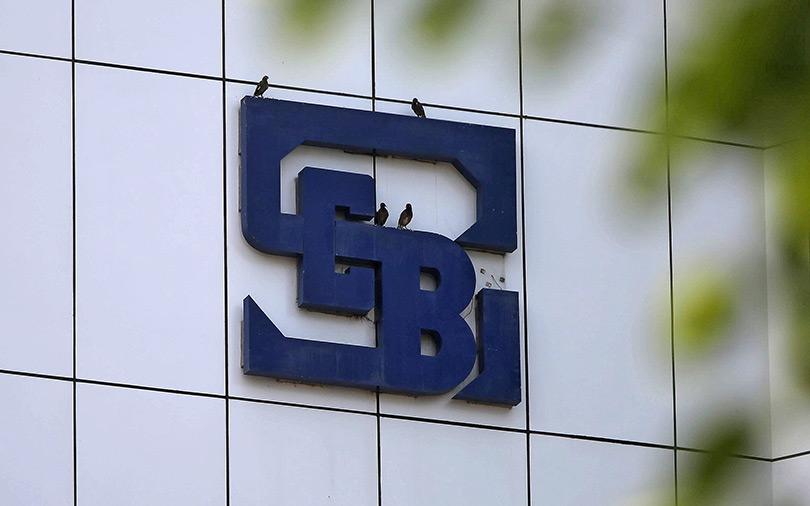Capital markets regulator Securities and Exchange Board of India (SEBI) has barred Reliance Industries Ltd (RIL) and 12 other entities from trading in equity derivatives.
The ban, which will come into effective immediately, will restrict India's second most valued company from the derivatives market for a year, SEBI said in a 54-page order on Friday.
SEBI has also mandated RIL to disgorge Rs 447 crore of its ‘ill-gotten gains’ besides paying additional 12% interest per annum starting 29 November 2007 till the date of payment of dues. The total penalty comes up to Rs 950 crore (around $145.5 million), according to VCCircle estimates.
“In view of the fact that RIL has made unlawful gains of Rs 513 crore, which could not have been made but for the fraudulent and manipulative strategy/pattern adopted by them, we are inclined to direct disgorgement of the unlawful gains made by RIL,†SEBI said in its order.
RIL said it will appeal to Securities Appellate Tribunal (SAT) challenging SEBI's order.
“SEBI appears to have misconstrued the true nature of the transactions and imposed unjustifiable sanctions,†RIL said in a stock exchange filing.
“We are consulting our legal advisors. We propose to prefer an appeal and challenge the order in SAT. We remain confident of fully justifying the veracity of the transactions and vindicating our stand,†it said.
SEBI observed that RIL, through its 12 front entities, took separate position limits of open interest on its behalf by executing separate agreements with each one of them and cornering 93.63% of the November futures of Reliance Petroleum Ltd (RPL), and thereby acted in a fraudulent manner while dealing in RPL derivatives.
RIL manipulated the derivatives segment by engaging in a pre-planned fraudulent practice, allowing its 12 fronts to hold contracts till the last day of expiry and thereafter by closing out the derivative contracts on 29 November 2007.
The dealings in RPL’s derivatives instruments follow the board decision in March 2007 to raise funds by offloading around 5% of its holdings of equity shares of RPL. To avoid a sharp downward price correction in RPL shares, RIL undertook the transactions in the cash segment of RPL, while its 12 fronts acted in the futures segment, SEBI observed.
“Between 1 November and 6 November, Noticees (RIL’s 12 fronts) took substantial positions in the November futures contract of RPL. As a result, the holding in derivatives contracts of RPL reached 95% of the market-wide position limit, thereby inviting upon it a restriction of no further increase in open interest position as per extant rules pertaining to trading in the derivative segment. This led to an investigation by SEBI into the matter,†the capital markets regulator said.
“Legally the power to disgorge came on SEBI's statute book only after Securities Laws (Amendment) Act, 2014. So can it calculate an amount with interest retrospectively? SEBI's order may be appealed in SAT while constitutionality of provisions could be challenged in High Court. There are interesting technicalities involved from both sides and surely, the judicial forums are going to see some action from a battery of lawyers," said Sumit Agrawal, partner at law firm Suvan Law Advisors.
The case dates back to 2008 when SEBI initiated an investigation against RIL and followed it by proceedings in SAT, a quasi-judicial body set up in 1995 to hear pleas against orders issued by the capital market regulator.
RIL then attempted to settle the case through consent mechanism, but the application was rejected by the markets regulator.
The Mukesh Ambani-led company then challenged SEBI’s charges at SAT in December 2010, challenging the maintainability of SEBI's decision to exclude the company from the consent mechanism under new norms issued in January 2013.
Consent mechanism allows a company to settle a dispute with the capital markets regulator after paying a penalty, without accepting or rejecting the charges against it.
In July 204, SAT upheld SEBI’s decision by rejecting RIL’s application to settle the alleged violation through consent mechanism. On 30 June 2014, SAT presiding officer JP Devadhar said the dispute was rejected as it was not “consentable and maintainableâ€.
Like this report? Sign up for our daily newsletter to get our top reports.






